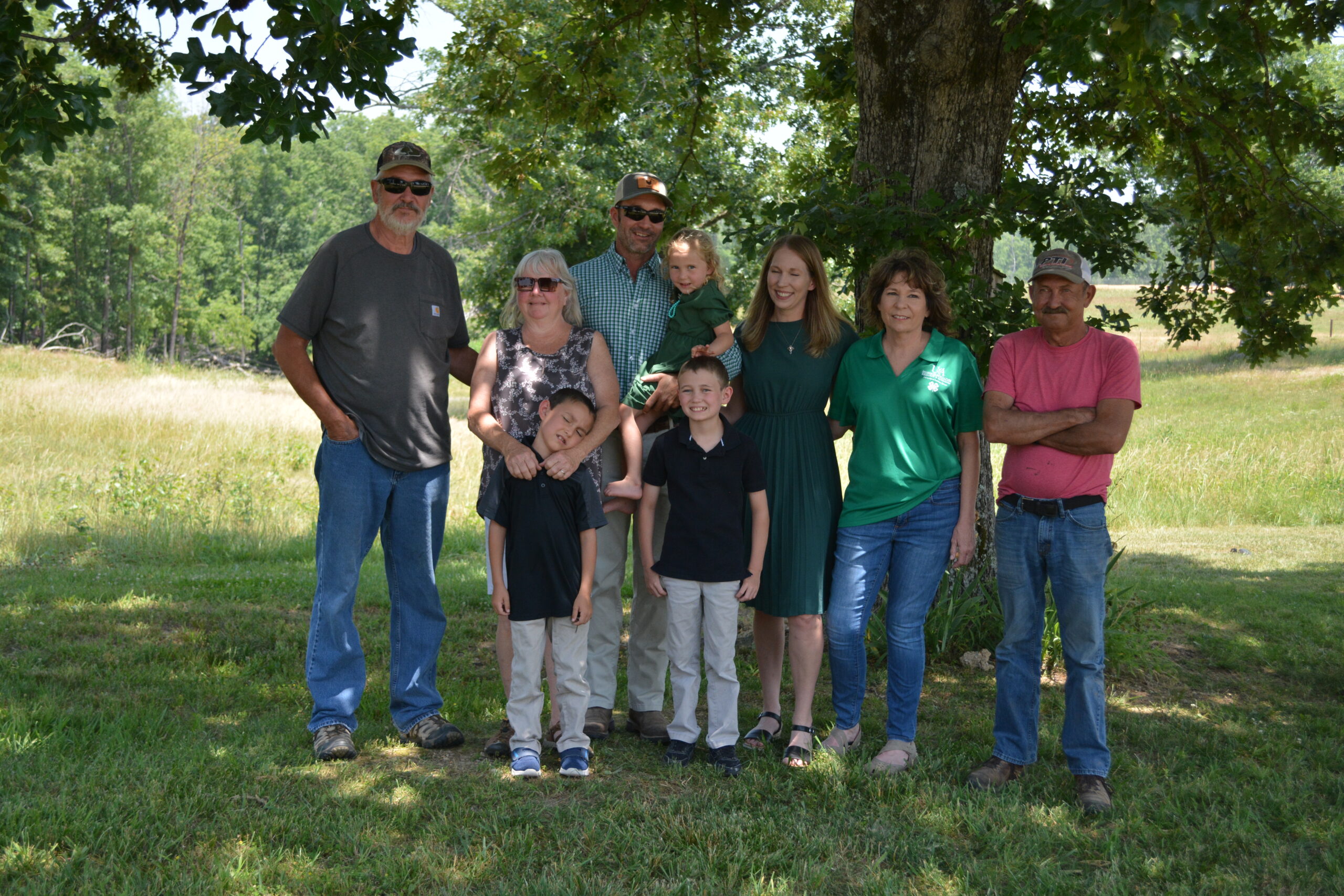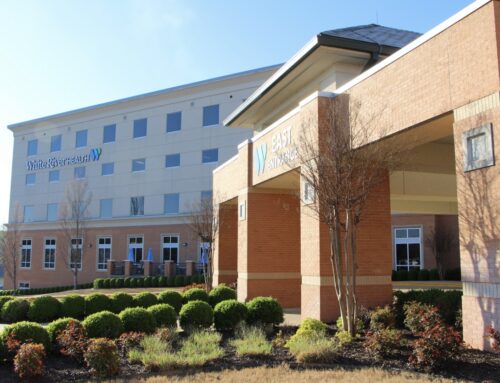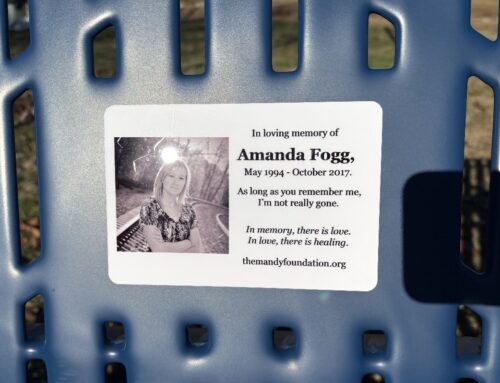There is wisdom in using what you know to not only benefit yourself and others but to facilitate the best outcome for those around you.

This is exactly how Joshua and Sissy Gray of Joshua 24:15 farms and Gray Livestock and Cattle in Williford run their farm, using wisdom and striving to be good stewards of the land and animals.
The Gray family, which includes nine-year-old Croston, six-year-old Cannan and three-year-old Eden, own and operate both a cattle and egg production operation on 454 acres of land.
Sissy grew up not far from the land on which the family farm resides now and Joshua spent is youth in Lawrence County, something they attribute helps with success on the farm.

Growing up in flatland, Joshua said row crops were common which sparked the idea to implement summer and fall annuals, rain permitting, into the feeding of the cattle.
Sissy’s knowledge of the lay of the land locally also helped when planning expansions.
Each year, the Grays harvest between 80 and 120 acres of winter and summer annuals which are used to help supplement feed for their cattle operation which consists of over 100 brood cows, 100 fall born calves, 42 heifers and eight bulls.“Typically, annuals are planted each spring and fall to ensure cattle have access to high-quality forage much of the year. The cattle are on a year-round rotational grazing plan to ensure maximum use of forage throughout the year,” the Grays said.
“Excess cover crop production is put up either in dry hay or baleage, which often allows a transition to high-quality winter feed once cattle have fully consumed winter annuals. While several acres of cover crops are planted each year, they are not marketed off the farm.”
Joshua also noted planting the winter annuals didn’t hurt his deer hunting when the season was right either.
When they first began farming in 2010, Sissy said overgrazing was a major issue, especially when the family rented pastureland and owned a small herd of cattle. This was soon rectified as the family began to expand and implemented a daily grazing and rotation for the cattle.
“When we purchased our first herd in 2010, we rented pasture that had been over-grazed and overstocked for several years. The forage was poor quality, and we were poorly educated on issues related to good herd and pasture management,” Sissy said.
Soon after, Joshua and Sissy began attending training, researching, and partnering with local organizations such as the Sharp County Natural Resources Conservation Service.
All around the farm, one may see strands of hot wire strung in a grid form which Joshua moves frequently to accommodate the rearrangement of cattle on an as needed basis.
“We invested considerable time and financial resources in improving our pasture and forests.
Today, the pastures we own have extensive electric cross fencing and multiple water sources and we implement regenerative practices such as intensive grazing and planting of annual forages,” Sissy said.
When addressing challenges, Joshua and Sissy noted working full time jobs while also working full time on the farm was prohibitive to being the best stewards they could be over the land and animals.
Although Sissy continues to work the farm before and after her job at Black River Technical College, Joshua left his job with BNSF railway to man the farm full time. This was necessary especially with the addition of a pasture-raised egg layer operation which consists of 20,000 hens who lay hundreds of thousands of specialty eggs monthly.
“Our ability to devote the time needed to operations was compromised and we began exploring ways to address the issue. In 2021, we decided to pursue adding a layer house to our farm. In June 2022, construction of our poultry facility was complete, and we received our first flock,” Joshua said. “While this operation has obviously required an additional time commitment, it has also served as an additional source of income. I have been working on the farm full-time since 2022.”
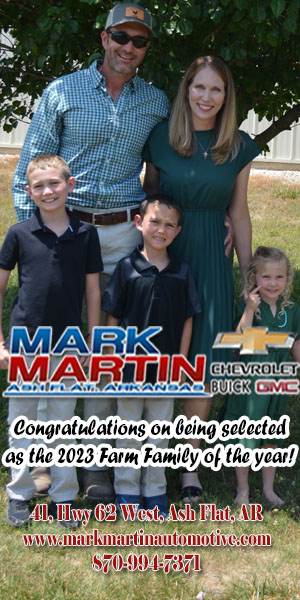
When asked how the children help on the farm, both Joshua and Sissy said it is more than just the core family unit involved.
“Several of our family members are involved in our farming operations,” Sissy said.

A typical day starts with Joshua heading to the chicken house while Sissy takes the kids to school before heading to work. After work or school, Sissy and the kids go to the chicken house to do the evening egg run and check the hens.
“Croston is an incredibly adept chicken farmer. He can perform many tasks independently and is a significant help. Although they need a little assistance, Cannan and Eden also work at the chicken house most days,” Sissy said.
Additional duties the children help with include rounding up the hens in the evening, planting and helping tend the family garden and more.
In the future, the family plans to deliberately maintain a growth mindset.
“Josh has always been adamant that if you’re not improving, you are falling behind. Our growth over the past decade is a testament to this belief and our commitment to continuous improvement,” Sissy said. “We currently have two major plans for strategic future expansion, one for each of our farming operation.”
Joshua said with regards to the cattle company, his plan is to reduce the size of the cow-calf operation and expand into back-grounding larger groups of calves.
With regards to the chicken farm, the family said they have partnered with some friends to expand into shell egg processing and packing.
“While this business is still under development, we are very excited about this expansion opportunity, both for our family and the local community,” Sissy said.
The expansion is expected to begin before the end of summer.
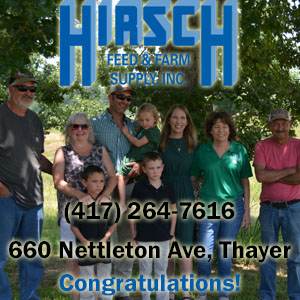
Lauren is a an award-winning journalist who decided after 10 years of newspaper experience to venture out. Hallmark Times was born.

